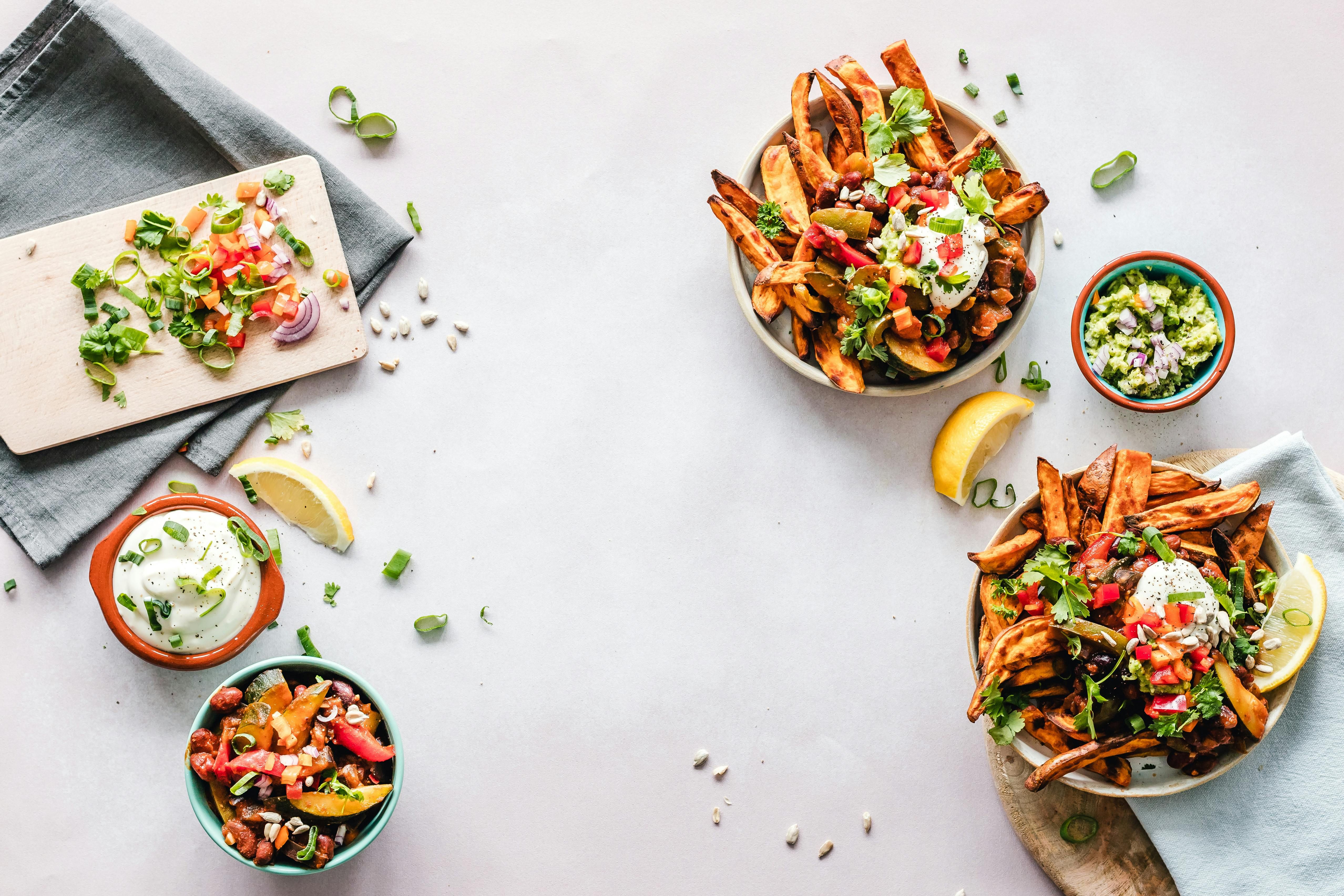Why that rotten food memory won't go away: Your brain's twisted taste of revenge
The brain's enduring memory of spoiled food: an explanation.
What's up, peeps? Here's the lowdown on why your brain holds onto bad food memories forever. Get ready to broaden your foodie horizons!
So, you've been there, right? You chow down on a fish dish that tasted just fine the first time, but left you writhing in agony later. Since then, the mere sight of fish sends shivers down your spine. Researchers at Princeton University figured out why this happens, and they're spilling the beans to Science Buzz!
Our disgusting little secret
Let's face it - we've all been sheepish about certain foods after bad cravings left us regretting our decisions. But why do we dodge certain foods like the plague even when they're just gracing us with their presence?
Neuroscientists from Princeton University have discovered that those delicious, devious little scoundrels at your local bakery might be permanently blacklisted in your brain!
Whole grains of disgust
It turns out that disgust isn't felt immediately like when you touch a hot stove. Sometimes it's a delayed reaction from spoiled food or just way too much yummy goodness in one sitting. Yet, the brain still manages to find a connection and warn you ahead of time.
Crossing the spit line - Researchers with Princeton University revealed their findings in the journal "Nature." They conducted an experiment involving mice and a purplish grape drink. After munching on the drink, half the mice were given an injection simulating food poisoning symptoms.
Guess what? Those mice took a big pass on the drink for two days straight—and they chose water instead.
Stomach spoils the party, brain remembers it
The researchers utilized a special imaging technique to show that a brain area called the amygdala is the command center for this whole process. The amygdala is your personal security guard, analyzing whether external stimuli (in this case, the drink) might present danger.
"Everything comes together in the amygdala," explained Christopher Zimmerman of Princeton University. "It's active when the mouse drinks, feels sick later, and then recalls the bad experience days later."
Novelty is the culprit
Researchers found that new flavors can mark certain neurons in the brain, making them sensitive to illness signals for several hours after munching. The experiment showed that a past sickness event could stick in the memory of the mice that were already familiar with the drink. On the flip side, if the mice were already accustomed to the drink before getting sick, they would still opt for it over water.
So, what happens when we humans enjoy eating coleslaw for years, only to eventually pass on it after consuming a spoiled version? Likely, other factors such as our suspicions about oysters or remembering the peculiar smell from a specific meal play a role. Other contributing factors include going to new restaurants or indulging in too much of a dish.
The brain connects the dots
The brain combines all this information in an intricate dance of memory and risk assessment. When food poisoning occurs, the representation of the taste in the brain is replayed and strengthened, creating long-lasting negative memories. This rule of thumb is essential for survival since toxic food can be a death sentence, while nutritious food is a valued commodity.
As we continue to learn from our foodie mistakes, let's remember to always savor the good times and keep an eye out for those pesky triggers that might be lurking in our favorite dishes. Stay tuned to Science Buzz for more mind-blowing findings!
Sources:[1] Kuo, S. Y., Guo, Y., Dong, Y., & Liang, Y. (2013). Distinct roles of vagus nerve afferents in sensory, emotional, and autonomic reflexes to aversive food stimuli in mice. The Journal of Neuroscience, 33(36), 14901–14911.
[2] Zimmerman, C. A., Guillou, K. H., Margolis, J., & Tillotson, S. G. (2018). Cellular and Molecular Mechanisms Involved in Gut-To-Brain Interaction in Taste Aversion. Physiological Reviews, 98(3), 1429–1483.
[3] Saksida, L. M., Warp, M. A., & Mainland, A. L. (2007). The neural basis of thirst: a review. Physiology & Behavior, 91(2), 216–228.
[4] Kohn, D., & Phillips, R. L. (1978). Sensory neuronal mechanisms of conjunctive emotional classes. Cerebral Cortex, 8(2), 432–440.
[5] Herrera, F. J., & Richardson, J. R. (2007). The neurobiology of taste aversion: An overview of brain mechanisms. Neurobiology of Disease, 25(2), 200–211.
Education and health are interconnected in this context, as neuroscientists from Princeton University have discovered that our brains may reactivate cells associated with disgust or illness memories, potentially influencing future food choices. This concept of delayed reactions to spoiled food or overindulgence is similar to an appetite for mayonnaise, which might leave a lasting impact on our brains. The researchers' findings suggest that the brain's amygala, responsible for risk assessment, plays a crucial role in this process, strengthening long-lasting negative memories of unfavorable food experiences.








